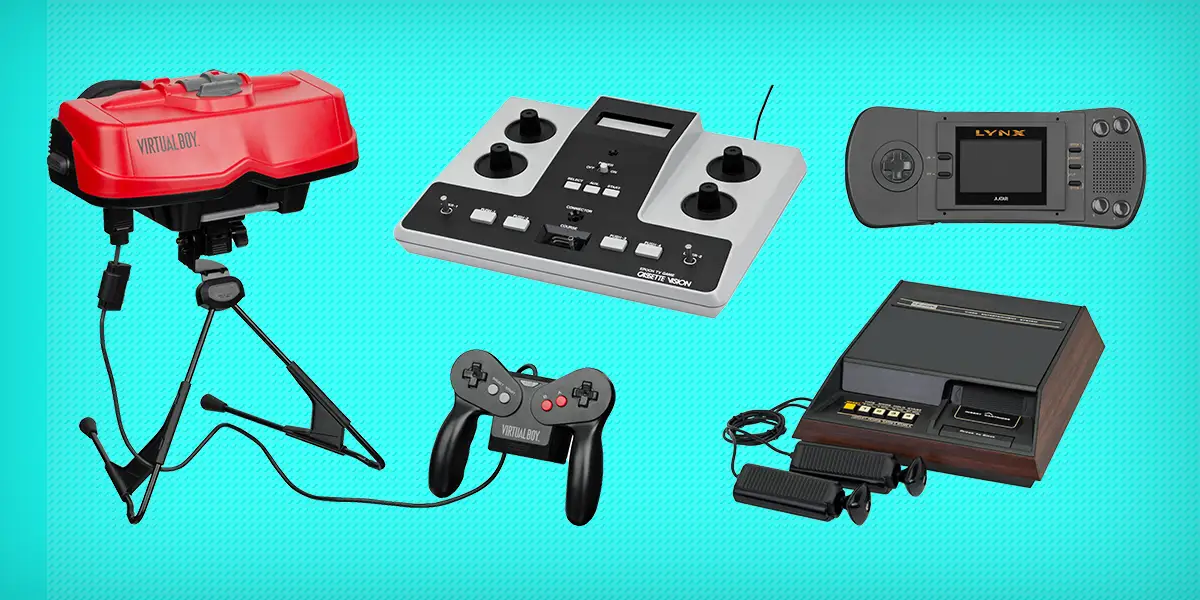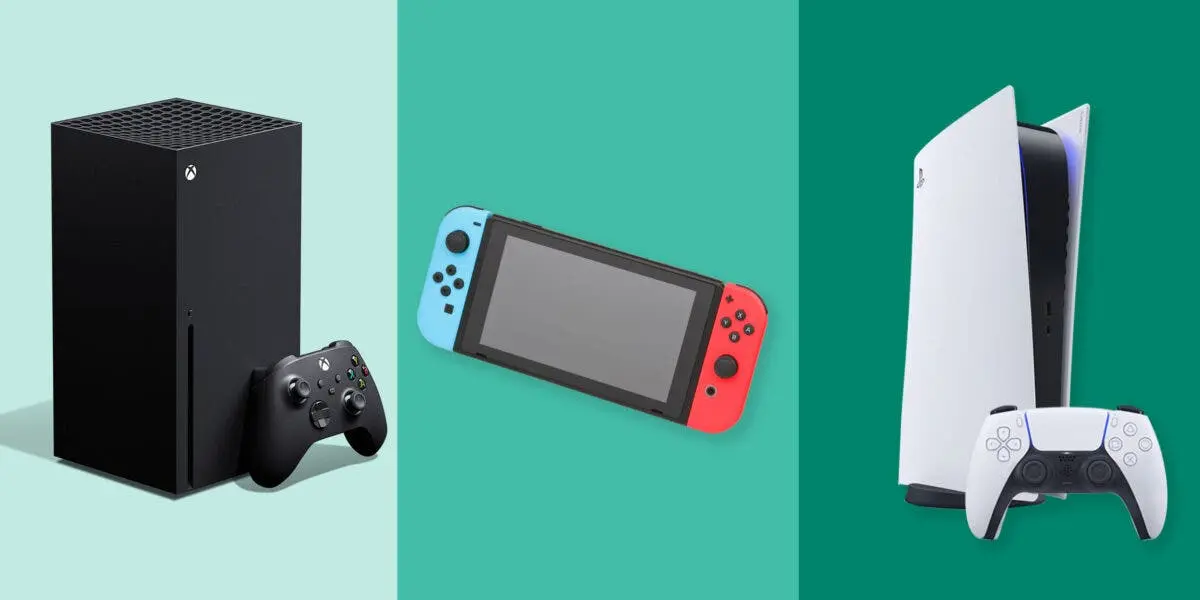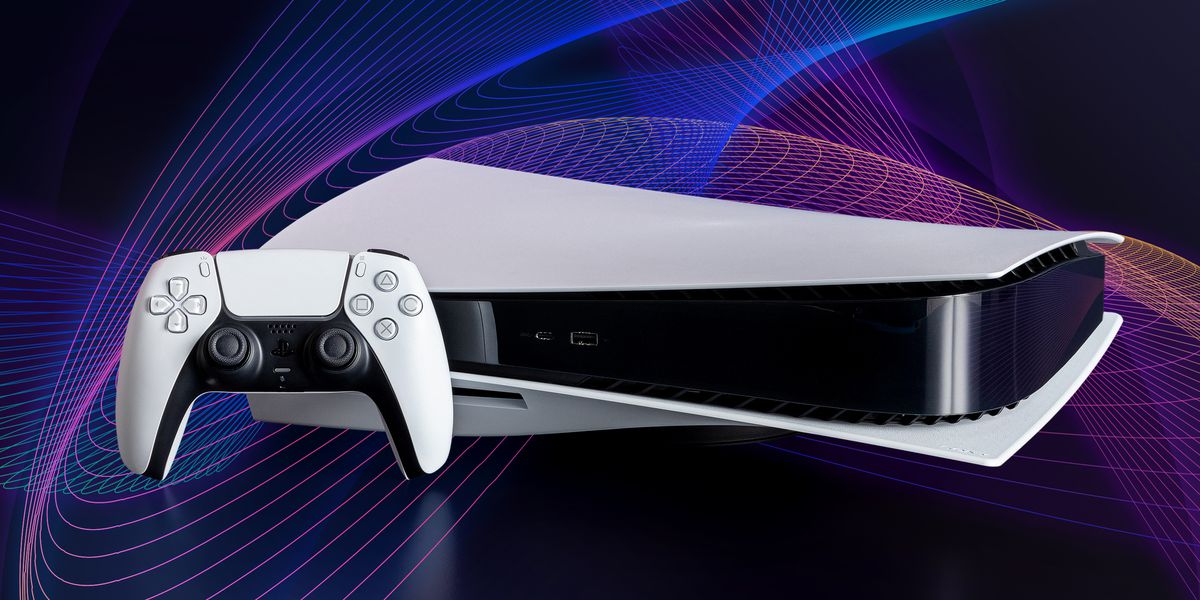Gaming consoles have come a long way since their inception, evolving from simple electronic devices to sophisticated entertainment systems that offer immersive gaming experiences. From classic favorites to cutting-edge innovations, the evolution of gaming consoles has shaped the landscape of the gaming industry. Let’s delve into the journey of gaming consoles, from their early beginnings to the present day.
Introduction
Gaming consoles are specialized computers designed primarily for playing video games. They typically consist of a console unit, controllers, and various input/output ports. These devices have played a pivotal role in the gaming industry, providing a platform for developers to create and distribute interactive entertainment experiences.
Early Beginnings
The roots of consoles can be traced back to the 1950s and 1960s when scientists and engineers began experimenting with electronic games. One of the earliest examples is the “Brown Box,” developed by Ralph Baer, which laid the foundation for future gaming consoles.
The Golden Age: Classic Gaming
The 1980s marked the golden age of gaming consoles, with the introduction of iconic systems such as the Nintendo Entertainment System (NES), Sega Genesis, and Super Nintendo Entertainment System (SNES). These consoles revolutionized the gaming industry and introduced beloved franchises that are still popular today.
Transition to 3D Graphics: The 32/64-Bit Era
The 1990s witnessed a shift towards 3D graphics and more powerful hardware. This era saw the emergence of consoles like the Sony PlayStation and Nintendo 64, which pushed the boundaries of gaming with their advanced capabilities.
The Rise of Multimedia: CD-Based Consoles
With the advent of CD-based technology, consoles entered a new era of multimedia entertainment. Consoles like the Sega Saturn and Sony PlayStation embraced this technology, offering enhanced audiovisual experiences and expanding the possibilities of gaming.
The New Millennium: Next-Generation Consoles

The early 2000s saw the launch of next-generation consoles such as the PlayStation 2, Xbox, and GameCube. These consoles boasted improved graphics, online capabilities, and a diverse library of games, solidifying their place in gaming history.
The Modern Era: Cutting-Edge Consoles
In recent years, gaming consoles have continued to evolve, with systems like the PlayStation 3, Xbox 360, and Wii introducing innovations such as motion-sensing technology and HD graphics. These consoles have paved the way for the future of gaming, offering immersive experiences that were once unimaginable.
Present and Future Trends
Today, gaming consoles such as the PlayStation 4, Xbox One, and Nintendo Switch dominate the market, offering a wide range of games and entertainment options. With the rise of cloud gaming and virtual reality, the future of gaming consoles looks promising, promising even more immersive and interactive experiences.
Impact on Gaming Industry
The evolution of consoles has had a profound impact on the gaming industry, influencing game development, design, and distribution. Consoles have become a driving force behind the growth of the gaming market, attracting millions of players worldwide.
Cultural Significance
Gaming consoles have also had a significant cultural impact, shaping the way we consume and interact with entertainment. From creating vibrant gaming communities to influencing popular culture, consoles have become an integral part of modern society.
Challenges and Opportunities
Despite their success, gaming consoles face challenges such as competition from mobile gaming platforms and concerns about sustainability. However, these challenges also present opportunities for innovation and growth, ensuring that gaming consoles will continue to evolve in the years to come.
Emerging Technologies and Innovations
The gaming industry is constantly evolving, with new technologies and innovations reshaping the landscape. From augmented reality (AR) to artificial intelligence (AI), developers are exploring new ways to enhance the gaming experience. These emerging technologies have the potential to revolutionize gameplay, storytelling, and immersion, offering players a glimpse into the future of gaming.
Accessibility and Inclusivity
 As gaming becomes more mainstream, there’s a growing emphasis on accessibility and inclusivity within the industry. Developers are increasingly focused on creating games that are accessible to players of all abilities, including those with disabilities. Features such as customizable controls, subtitles, and colorblind options are becoming standard in modern games, ensuring that everyone can enjoy the gaming experience.
As gaming becomes more mainstream, there’s a growing emphasis on accessibility and inclusivity within the industry. Developers are increasingly focused on creating games that are accessible to players of all abilities, including those with disabilities. Features such as customizable controls, subtitles, and colorblind options are becoming standard in modern games, ensuring that everyone can enjoy the gaming experience.
Globalization and Cultural Diversity
Gaming has become a global phenomenon, transcending geographical and cultural boundaries. As the industry continues to expand, there’s a greater emphasis on representing diverse perspectives and cultures in games. From storytelling to character design, developers are striving to create games that resonate with players from different backgrounds, fostering a more inclusive and culturally rich gaming landscape.
Ethical Considerations in Game Development
With the increasing complexity and realism of games, ethical considerations have become more prominent in the gaming industry. Developers are grappling with issues such as depictions of violence, microtransactions, and data privacy. There’s a growing demand for transparency and accountability in game development, with players and critics calling for ethical standards to be upheld.
Education and Learning Through Gaming
Gaming isn’t just entertainment—it’s also a powerful tool for education and learning. Educational games and simulations are being used in schools, universities, and training programs to teach a wide range of subjects, from history to science to critical thinking skills. By leveraging the immersive nature of games, educators are able to engage students in new and exciting ways, making learning more interactive and engaging.
The Future of Gaming Consoles
Looking ahead, the future of gaming consoles is filled with possibilities. From cloud gaming to modular hardware, developers are exploring innovative ways to deliver gaming experiences to players. With advancements in technology and changing consumer preferences, the gaming console of tomorrow may look vastly different from what we’re accustomed to today. However, one thing is certain: gaming consoles will continue to evolve and adapt to meet the ever-changing needs of players around the world.
Conclusion
The evolution of gaming consoles is a testament to the power of innovation and adaptability in the gaming industry. From humble beginnings to cutting-edge technology, consoles have undergone remarkable transformations, shaping the way we play and experience games. As we look towards the future, one thing is clear: the journey of gaming consoles is far from over. The evolution of gaming consoles has been a remarkable journey, marked by innovation, creativity, and technological advancement. From humble beginnings to cutting-edge systems, consoles have shaped the way we play and experience games. As we look towards the future, one thing is clear: the gaming industry will continue to thrive, driven by a passion for gaming and a commitment to pushing the boundaries of what’s possible.

